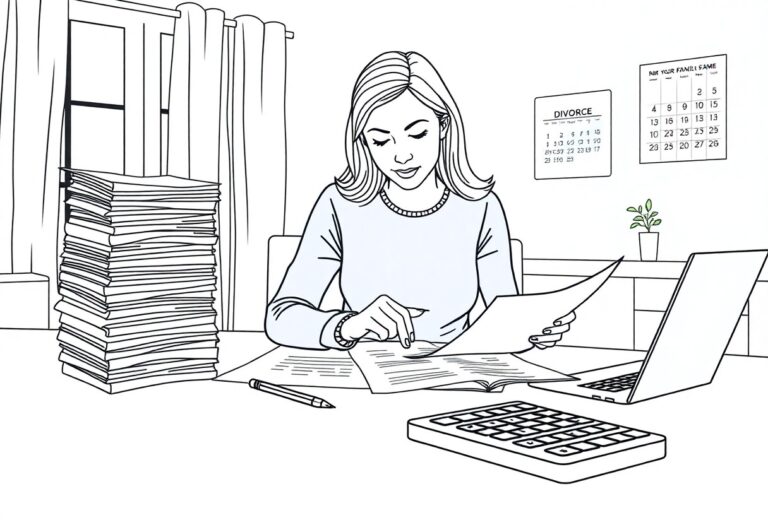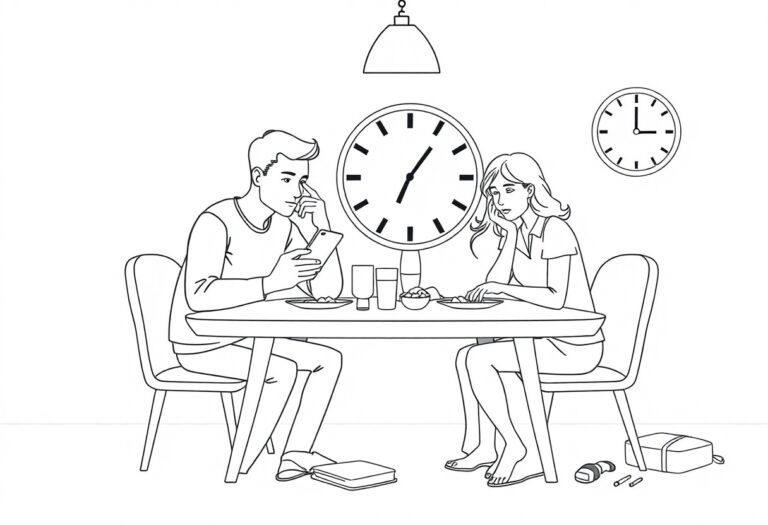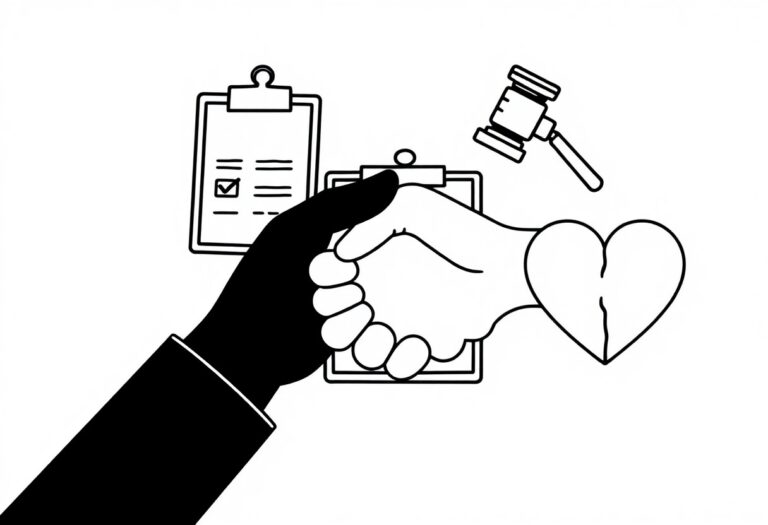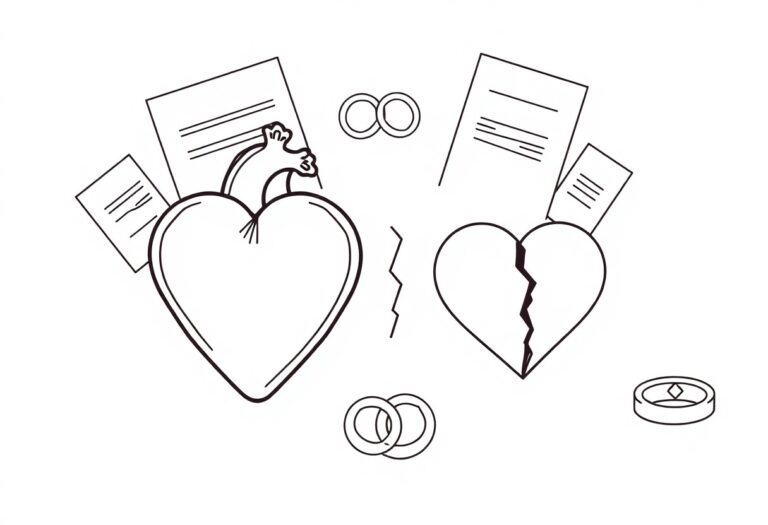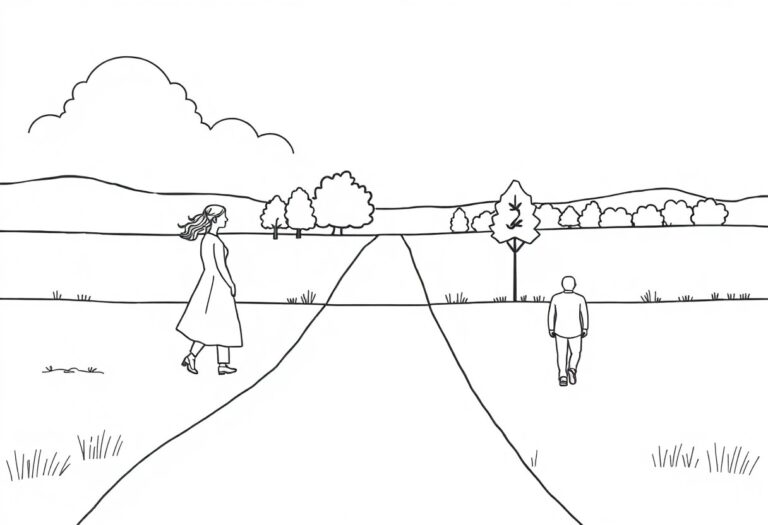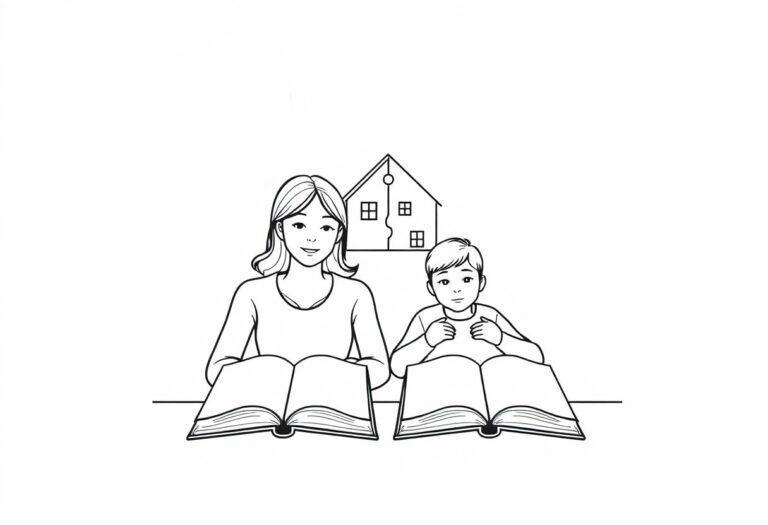Signs You’re Falling Into a Rebound Relationship—And How to Avoid It
Many individuals find themselves unknowingly attracted to a rebound relationship shortly after a significant breakup. It’s imperative to recognise the warning signs that indicate you might be entering this type of relationship, which often serves as a temporary distraction rather than a genuine connection. By identifying these indicators early, you can better navigate your emotions and protect yourself from potential heartache. In this post, we’ll explore the signs of a rebound and offer practical tips to help you steer clear of this pattern.
Key Takeaways:
- Recognise the emotional state you are in after a breakup; jumping into a new relationship quickly may be a sign of a rebound.
- Assess whether your new partner is simply a distraction from your previous relationship rather than a genuine connection.
- Be cautious of rushing into intimacy; a healthy relationship develops over time and should not be solely based on physical attraction.
- Evaluate the motivations for starting a new relationship; ensuring it stems from a desire for companionship rather than escaping loneliness is important.
- Take time for self-reflection and healing before pursuing a new relationship; this ensures that you are in a stable emotional place.
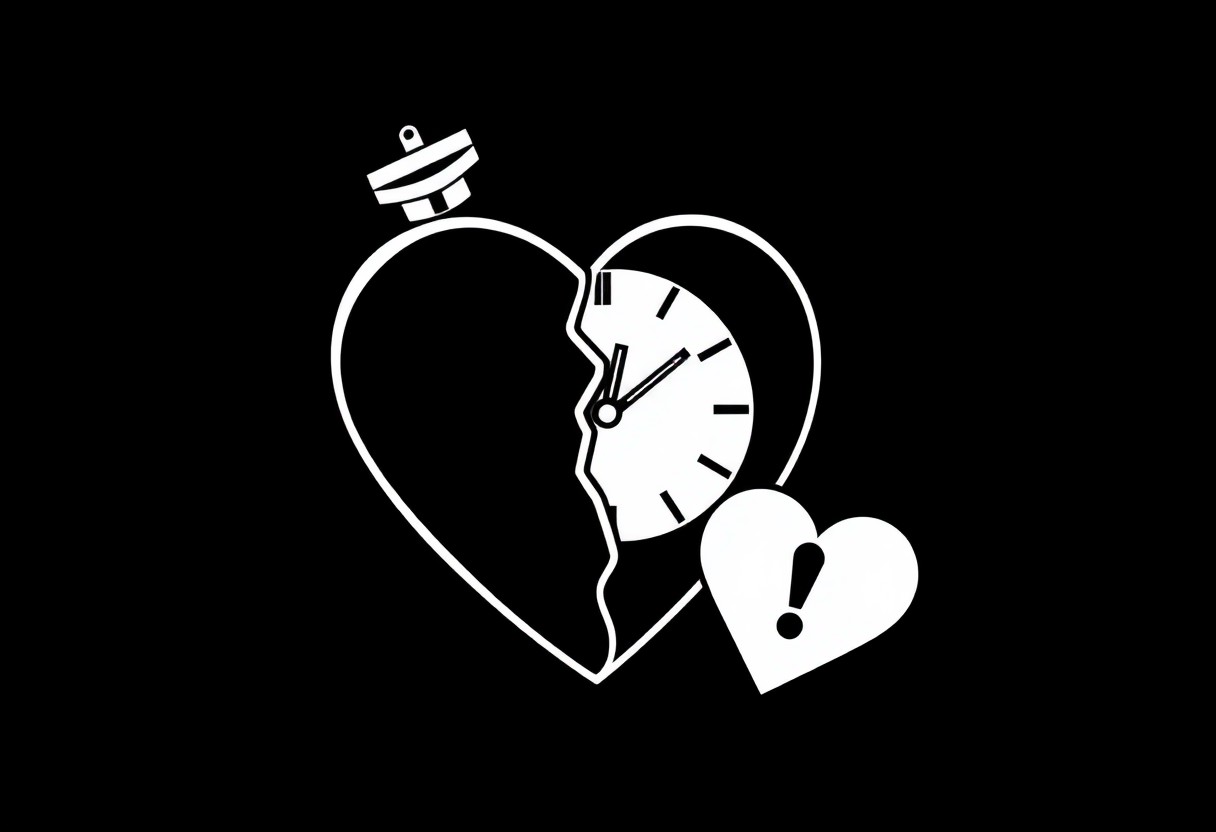
The Red Flags of a Rebound Relationship
Identifying the red flags of a rebound relationship is necessary to ensure your emotional well-being. Signs of instability often manifest through impulsive behaviour or emotional turbulence. These traits not only affect your ability to form a deep connection but can lead to repeated cycles of heartache.
Emotional Instability and Impulsivity
Experiencing significant emotional highs and lows is a telltale sign of being in a rebound. You may find yourself quickly enamoured, only to feel distant just as promptly. Your decisions might appear rash, driven more by a desire to distract yourself from the pain of your past than by genuine affection for your new partner.
Comparing Your New Partner to an Ex
Constantly measuring your new partner against an ex indicates you’re not emotionally available. If you catch yourself saying things like “He’s not as thoughtful as my ex” or “She doesn’t make me laugh like he did“, this comparison hinders your ability to truly engage in the present relationship.
Understanding the Impact of Comparisons
| Behaviour | Impact |
| Frequent comparisons to an ex | Prevents emotional investment |
| Lack of appreciation for your new partner | Damages self-esteem and trust |
| Idealising past relationships | Hinders new growth and possibilities |
Committing to honest reflections about your feelings can alleviate the risk of comparing your new partner unfavourably with past relationships. Acknowledging the unique qualities of your current partner instead of reliving the past will foster a more fulfilling and genuine connection. Embrace new experiences and perspectives without the shadow of past relationships lingering over every interaction.
The Psychological Triggers That Pull You In
Understanding the psychological triggers that draw you into a rebound relationship can help clarify your motivations. Various factors can create a compelling urge to seek solace in someone new, often leaving you unaware of the potential pitfalls. These triggers may stem from emotional discomfort, previous relationship patterns, or fears that compel you to pursue a connection hastily.
The Desire for Immediate Comfort
The overwhelming desire for immediate comfort often leads you to seek out new partners after a breakup. This craving for emotional relief can cloud your judgment, making you susceptible to rushing into a relationship that doesn’t fulfil your long-term needs. However, the comfort gained may only be temporary, masking unresolved feelings from past experiences.
The Fear of Loneliness
The fear of loneliness can be a powerful motivator in your dating decisions, pushing you towards potential rebound situations. As social creatures, feeling alone can invoke a deep-seated anxiety, prompting you to seek companionship, even at the expense of necessary time for self-reflection and healing. This fear can create a quicker path to connecting with someone new, without considering if you’re truly ready to engage emotionally. A study by the University of Michigan found that loneliness can magnify emotional pain, driving individuals to seek replacements instead of nurturing their emotional landscape alone.
The Difference Between Healing and Rebounding
Healing is a gradual journey that involves processing your emotions, understanding your past, and regaining self-worth before entering a new relationship. Rebounding, in contrast, often entails seeking distraction from your pain by quickly pursuing a new partner. This difference underscores the necessity of taking time to reflect on your previous relationship and ensuring you’re seeking genuine connections rather than merely filling a void.
Recognising the Signs of Real Healing
Genuine healing manifests through signs such as emotional stability, a sense of closure regarding your previous relationship, and self-reflection. You find yourself enjoying solitary activities without reliance on others for happiness. This process often includes evaluating personal patterns and establishing boundaries, empowering you to build healthier, more fulfilling relationships in the future.
Understanding the Impact of Your Past on New Relationships
Your past experiences significantly shape how you approach new relationships. Previous heartbreaks, unresolved feelings, or emotional baggage can influence your expectations and reactions. If not addressed, these residues may lead you to project insecurities or fears onto new partners, hampering your ability to connect authentically. Consider patterns such as seeking validation or feeling suffocated when faced with intimacy; these can indicate unresolved issues that need your attention.
Understanding the impact of your past involves recognising personal triggers and assessing how they surface in new relationships. For instance, if you tend to avoid conflict due to previous traumatic experiences, you may struggle to express your needs or feelings in a budding romance. Such avoidance can create miscommunication and vulnerability, highlighting the importance of addressing these issues before begining on a new chapter. Engaging in therapy or self-help strategies can be beneficial in breaking these patterns, ultimately allowing for a deeper, more genuine connection with a future partner.
Practical Strategies to Avoid a Rebound
Implementing practical strategies can keep you grounded and focused on healing before jumping into a new relationship. Consider engaging in self-reflection practices, such as journaling, to analyse your feelings and experiences. Establishing boundaries with potential love interests helps ensure you’re not just seeking companionship out of loneliness. Additionally, therapy or counselling can provide valuable tools to process your emotions effectively.
Allowing Yourself Time to Process
Processing your feelings and experiences is crucial for moving forward in a healthy way. Take time to understand the emotions tied to your previous relationship, recognising that healing takes time. Allowing yourself to reflect without pressure can reveal invaluable insights about what you truly desire in a future partner.
Building a Strong Support Network
Surrounding yourself with a robust support network plays a pivotal role in avoiding rebounds. Engaging friends and family who understand your situation can provide solace and encouragement. Their perspectives can also offer clarity and strategies as you navigate your emotions, helping you confront any urges to jump into another relationship prematurely.
Your support network can include trusted friends, family members, or even support groups who have experienced similar situations. They can offer a listening ear when you need to vent or share your progress. Connecting with those who genuinely care about your well-being fosters accountability, encouraging you to focus on your personal growth rather than seeking validation through new romantic interests. Studies show that having a supportive circle can significantly enhance emotional resilience, making it easier to resist the temptation of rushing into a new relationship too soon.
Embracing Healthy Relationship Dynamics
Healthy relationship dynamics are built on mutual respect, open communication, and understanding. You need to ensure that both you and your partner feel valued and supported. Sharing your feelings and discussing expectations can prevent misunderstandings and create a stable foundation. Establishing trust enables you to express vulnerabilities without fear, fostering a deeper emotional connection. By striving for a balanced partnership, you can cultivate a relationship that thrives on authenticity and love, rather than reliance or distraction.
Setting Boundaries and Expectations
Defining clear boundaries and outlining your expectations is vital for a healthy relationship. You should communicate openly about what you are comfortable with, from emotional needs to personal space. This clarity prevents potential conflicts and ensures both partners are on the same page, creating a stronger bond based on mutual understanding. Additionally, consistently revisiting these boundaries as the relationship evolves will help maintain stability.
Discovering Self-Identity Beyond a Relationship
Emphasising your individuality outside of a relationship is necessary for personal growth. Engaging in hobbies, pursuing passions, and nurturing friendships allows you to build a strong sense of self. Take time to reflect on your values and interests, consider what makes you happy, and explore activities that ignite your passion. Fostering this independent identity not only enhances your confidence but also enriches any future relationships by preventing dependence on a partner for fulfilment.
Finding your self-identity involves a deep exploration of who you are apart from romantic involvement. Engaging in activities that interest you—be it art, sports, or study—can provide enriching experiences that empower your self-discovery. This journey also encourages you to set personal goals, reminding you that you are more than your relationship status. By developing a multi-faceted identity for yourself, you resist the temptation to seek validation solely through being with someone else, promoting healthier connections in future relationships.
Conclusion
Considering all points, it’s vital to recognise the signs that indicate you might be entering a rebound relationship. By being aware of your motivations, emotional state, and the pace of your new connection, you can protect yourself from potential heartache. Focus on healing and self-reflection before pursuing new romances. Ensure that your next relationship is built on a strong foundation rather than merely a response to previous pain. Taking these steps can lead to healthier and more fulfilling connections in the future.
FAQ
Q: What are the common signs that indicate I am entering a rebound relationship?
A: Several signs may suggest you are in a rebound relationship. These include rushing into a new romance shortly after a breakup, feeling a lack of emotional connection with your new partner, using the new relationship to distract yourself from past pain, exhibiting unresolved feelings towards your ex, and experiencing a thrill that masks deeper emotional issues. If you identify with these signs, it’s advisable to take a step back and evaluate your feelings.
Q: How can I differentiate between a rebound relationship and a genuine connection?
A: To distinguish between a rebound and a sincere relationship, assess the depth of your feelings. Genuine connections often involve investment in emotional intimacy and a solid foundation of trust and shared experiences. In contrast, rebound relationships may feel more superficial, with emotional barriers in place. Self-reflection is vital; ask yourself if you are genuinely interested in your partner for who they are, or if they are merely a temporary escape from past heartache.
Q: What steps can I take to avoid falling into a rebound relationship?
A: To avoid entering a rebound relationship, prioritise self-reflection and healing after a breakup. Take time for yourself to assess what you truly want in a partner and relationship. Engage in activities that foster self-discovery and personal growth. Additionally, consider waiting a while before jumping into a new romance, allowing your emotions to settle and ensuring you have closed the chapter on your previous relationship effectively.
Q: Is it possible to transition from a rebound relationship to a healthy one?
A: Transitioning from a rebound to a healthy relationship is possible, but it requires conscious effort and open communication. Both partners should acknowledge the rebound nature of the initial stages and work together to build a deeper emotional connection. Engaging in honest conversations about past relationships and emotions can help create a solid foundation. If both individuals are committed to growth and healing, there’s potential for a lasting partnership.
Q: How can I support a friend who is potentially in a rebound relationship?
A: Supporting a friend in a potential rebound relationship involves open dialogue and gentle encouragement. Listen to their feelings without judgment and ask questions that prompt them to reflect. Encourage them to consider their motives for dating again and whether they are genuinely ready for a new relationship. It may be helpful to suggest activities that promote self-care and self-discovery, enabling them to better understand their emotions.


